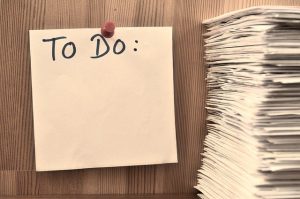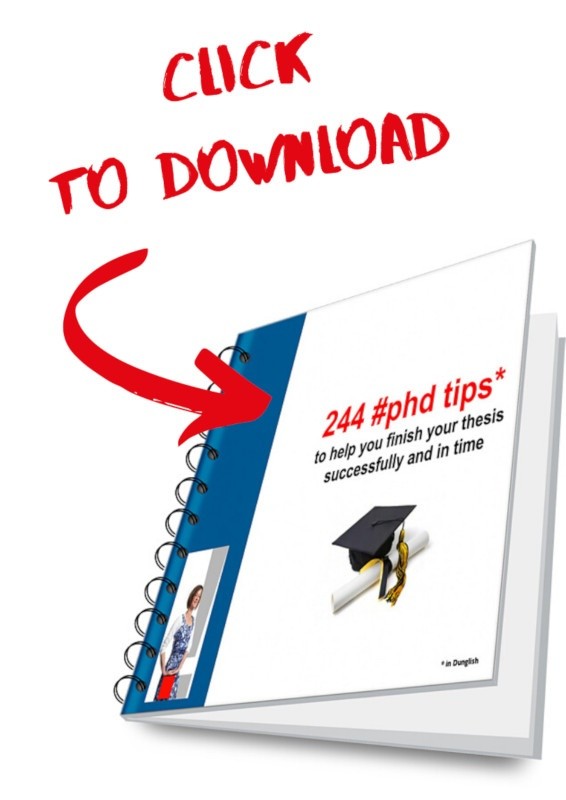Your daily schedule has a big influence on your productivity and effectiveness.
Probably this isn’t new for you. And the interesting question is of course how to plan your day in such a way that you are as effective as possible and don’t get stressed out. Especially after the holidays, you often feel better how fast you get back onto a certain path that is actually not so useful and that makes you lose all the relaxation you found during your holidays. Like you have never had a holiday at all.
Important help for that: know your own rhythm!
What do I mean by that? Make sure that you know how you feel at different moments of the day. Do you wake up shiny and radiant, or do you need 5 cups of coffee before it is safe to talk to you? How about your after lunch dip? At what time are you the most creative? What is the best moment to work in a focussed way? What is a good time for meetings? A lot of people are not aware at all of how this works for them.
An easy way to create clarity in this is to keep track of your days for a week or 2. Give every part of the day (morning, afternoon, evening and night) a grade and see – after a week or 2 – if you can see a pattern. Is it the case that your grades are higher in the middle of the week? Are your mornings better than your afternoons? Do your score better when you are at a certain place? Is there a relationship with the people you meet? How about the kind of tasks you are performing?
See what you can find out for yourself. The more specific you can be, the better!
Four kinds of jobs on four different moments of the day
As a PhD-student you have different kinds of jobs and tasks to do. Often, you can roughly divide them into four types: solving problems, using your creativity, sorting things and act upon them, and planning. What can you do best when? You can also divide your day into four parts. A schedule that works for a lot of people:
Solving problems: 8:00 to 10:00 am (or a bit later if you wake up later)
Tasks you need your brain for, you can do best at the start of the day. You are still fresh. Reading could be one of the things that fit in here as well, you also need your head for that to see what you can use your reading for.
Using your creativity: 10:00 to 12:00 am
After being busy for a few hours, your brains are warmed up. A good moment to see if you can do something new, getting clarity in your thoughts. Freewriting can be of enormous help to get that clarity.
Sorting things and act: after lunch
The time after your lunch is a good time to be busy: for instance with data analysis – if they are the kind of analysis that doesn’t take too much of your thinking. So dome some sorting that doesn’t require too much thinking. Do work you can be busy with, so you don’t fall asleep: answering emails, organizing paperwork, making phone calls, that kind of activities. Keep yourself busy,
15.00
This time is a great moment for meetings: you can do something different and are still fresh enough to keep your mind with it.
Planning
Use the last hour of your working day to plan the activities for your next day. Make sure that you know what to do in your ‘problem solving time’ and in your ‘creative time’. Usually, it is no problem whatsoever to fill your afternoon with all kinds of activities that need to be done.
The main reason to plan is to make sure you can make a kick start the next day.
Hope to hear from you if this is helpful for you! Or do you have another schedule that works for you? Please share!





